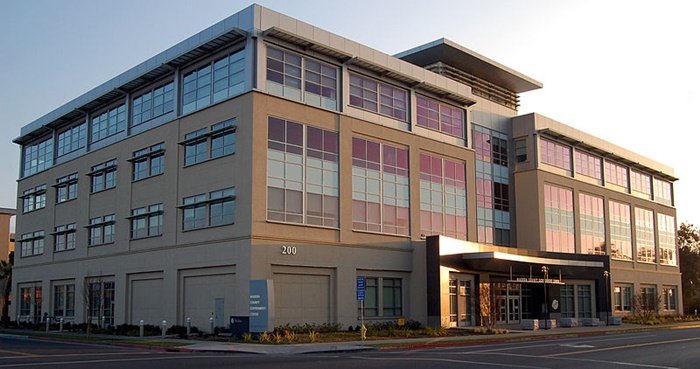On Tuesday, in a 170-page decision, U.S. District Judge Beryl Howell dismissed a multi-pronged lawsuit challenging the North Fork Rancheria of Mono Indians’ proposed casino in Madera County adjacent to Highway 99.
The rejection of the legal challenges, which were initially filed in 2012, remove one of the biggest obstacles to the federally-recognized tribe’s project proposed for construction just north of the city of Madera in central California. Unless appealed, Judge Howell’s decision clears the way for the tribe’s venture, which could include as many as “2,500 gaming devices, six bars, three restaurants, a five-tenant food court, a 200-room hotel tower, and 4,500 parking spaces on a 305.49-acre parcel of land,” according to the Fresno Bee.
For years, opponents including several church groups from the area, an organization called Stand Up for California, and most notably, the Picayune Rancheria of the Chukchansi Indians, have passionately opposed the casino project. Judge Howell noted that: “To stop the casino from coming to fruition, they have initiated both state and federal litigation as well as statewide political efforts over the last seven-plus years, setting, in their own words, ‘high legal and political hurdles,’ according to the news agency.
On July 1st, the Picayune Rancheria of the Chukchansi Indians, who own the Chukchansi Gold Resort and Casino located some 30 miles from the Madera site, filed yet another lawsuit against the proposed development. The complaint stated that the North Fork Rancheria were not connected historically to the Madera County site. That argument was rejected by Judge Howell, who cited the “historical record,” which includes an 1851 treaty. The complaint also stated that the proposed North Folk casino would negatively impact the Chukchansi gaming facility by causing it to lose much of its customer base. However, Howell wrote that “While the plaintiffs’ many concerns about the impending casino development are understandable, the law is not on their side,” according to the news agency.
The recent lawsuit was one of many challenges to federal decisions, which date back to the 2011 approval by the Interior Department of the gaming proposal at the Madera County site by the North Fork Rancheria. However, the controversy goes back further than that, beginning in 2005 when the tribe formally applied to have the land in Madera County taken into trust. The tribal headquarters of the North Fork Rancheria is in the foothills approximately 36 miles east of the site purchased by the tribe for the development of the casino.
In Judge Howell’s decision, she stated, “The casino will undoubtedly have a significant impact on the people and the land in that county, with the hope that it will benefit economically the Indian tribe undertaking its development.” The casino is expected to create 750 temporary construction jobs and employ up to 1,500 people full-time.
The Interior Department recently approved a federal gaming compact with the North Fork Rancheria.


